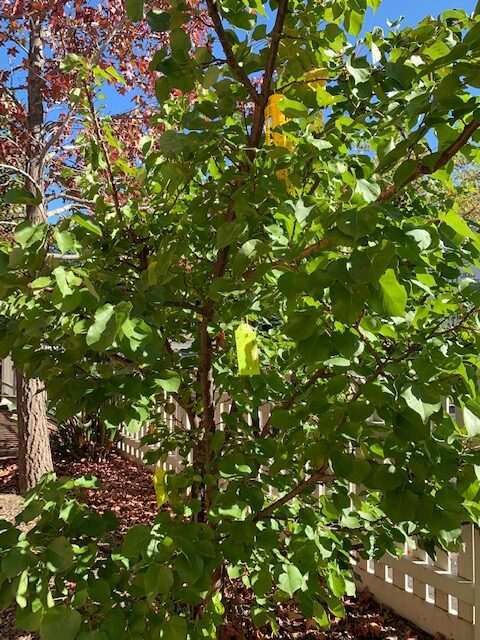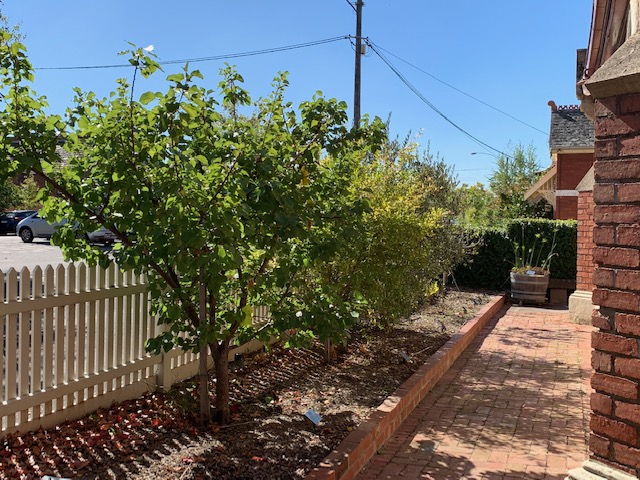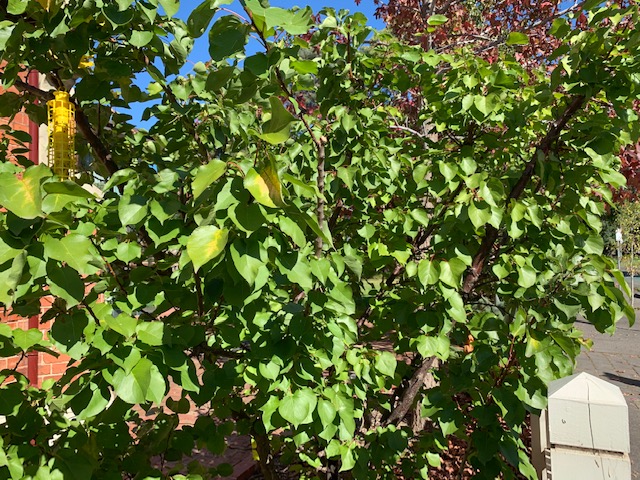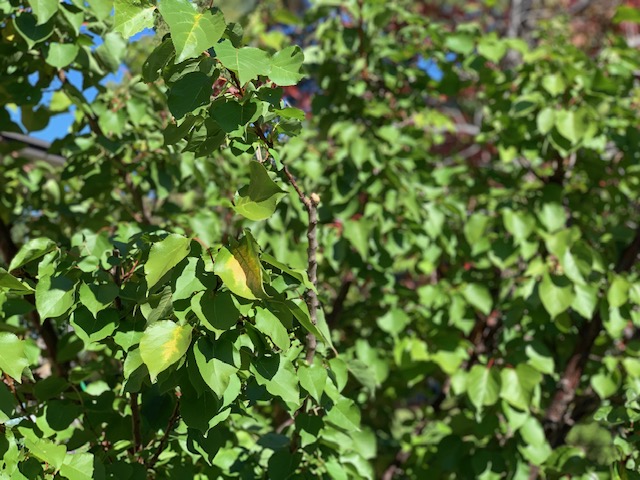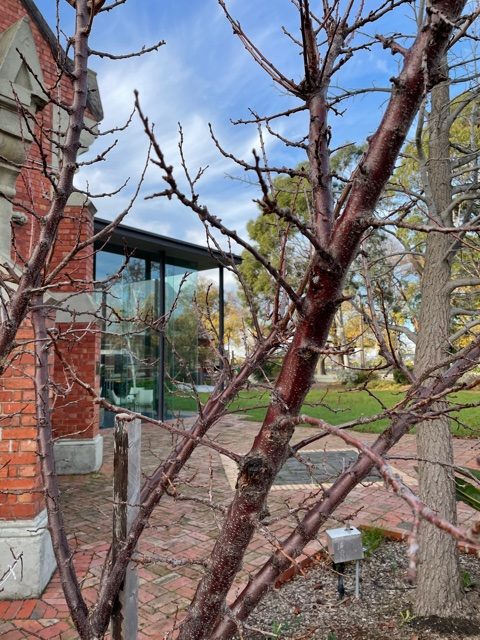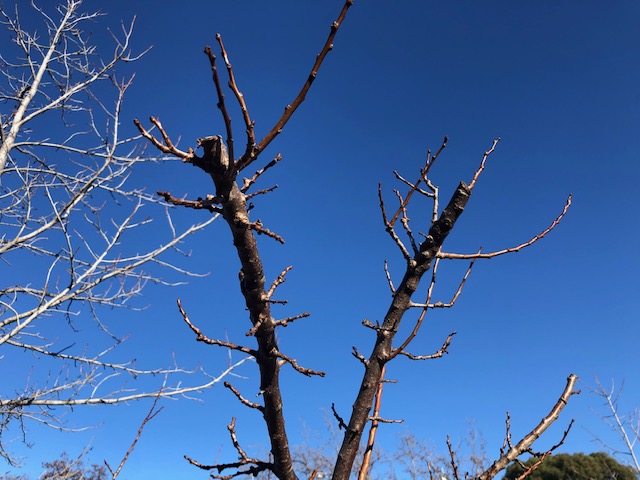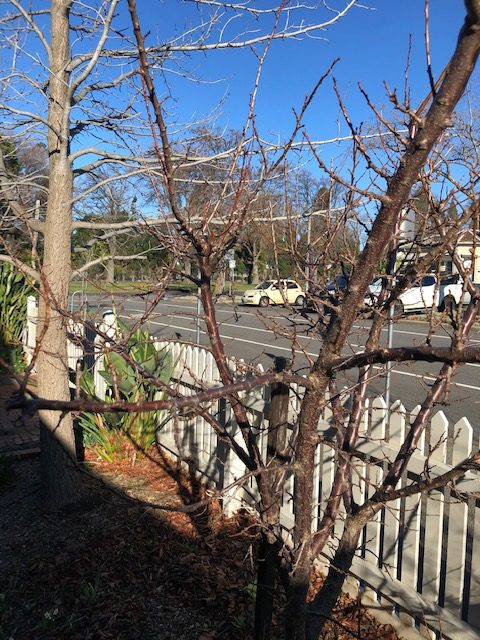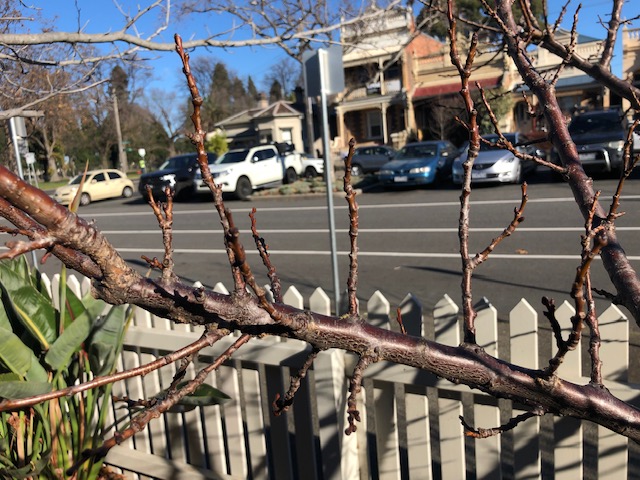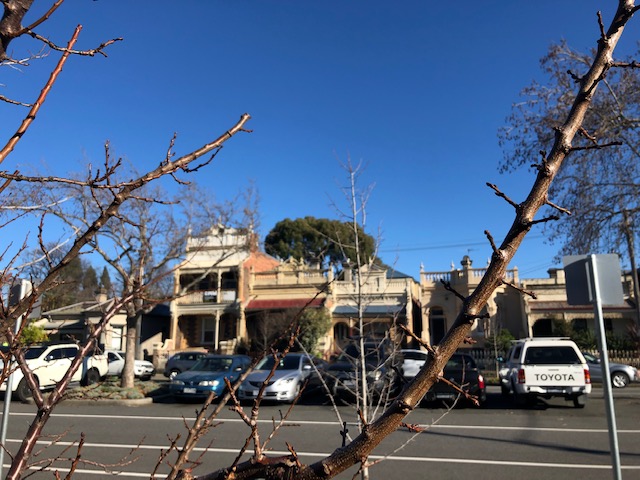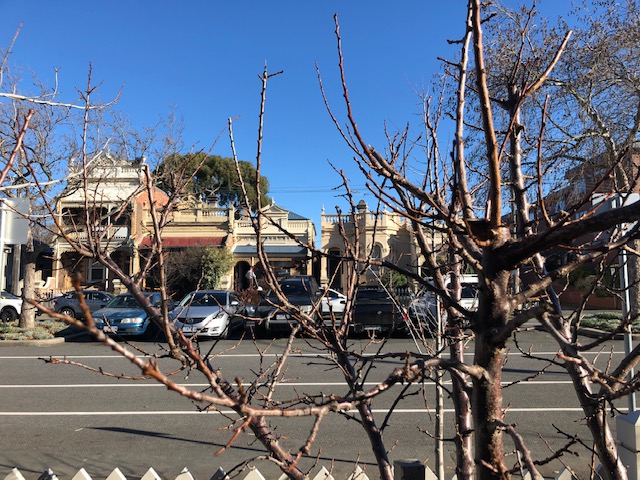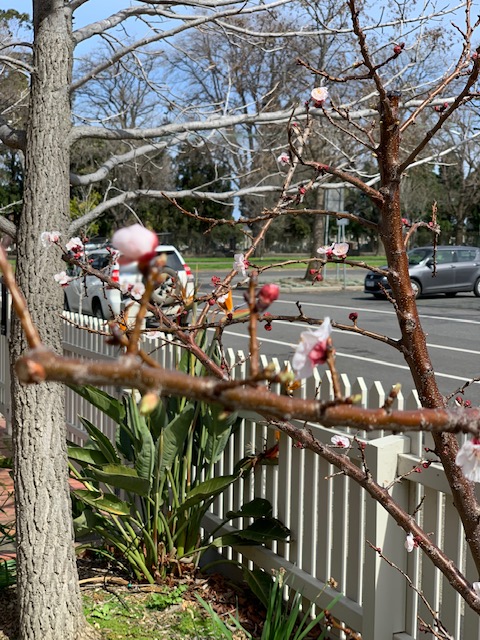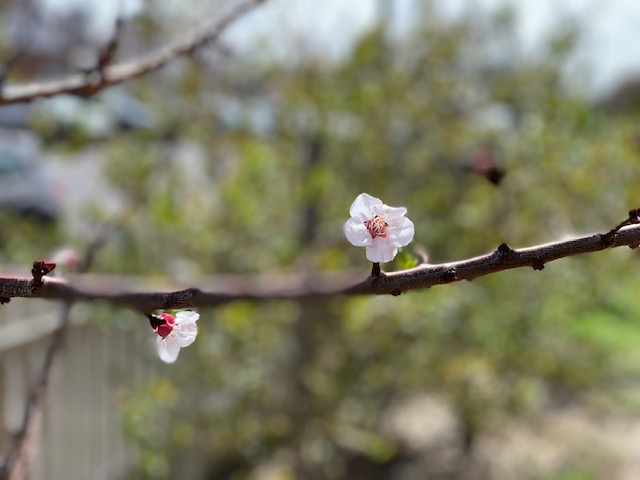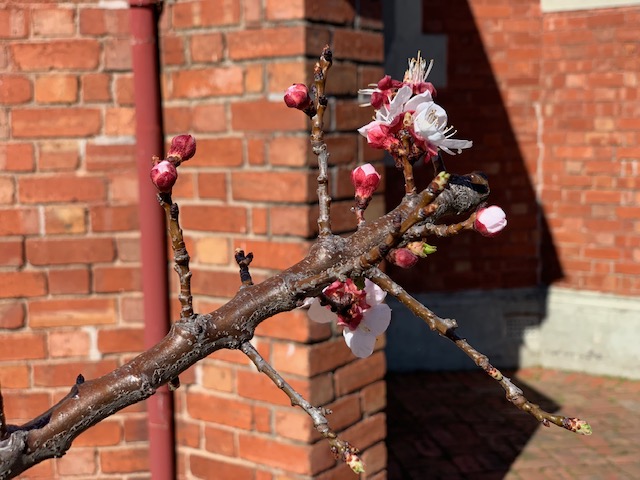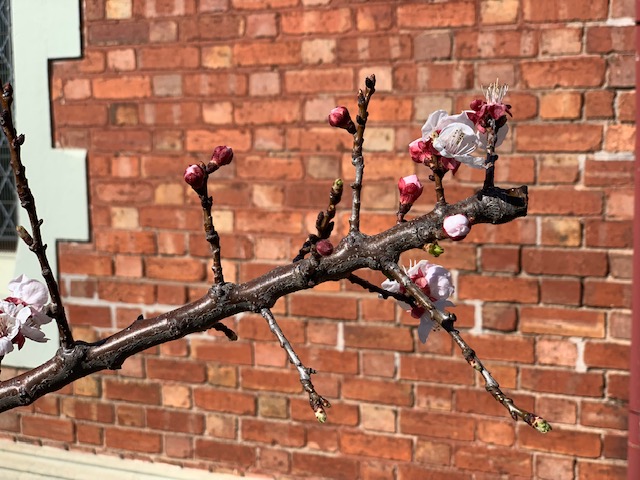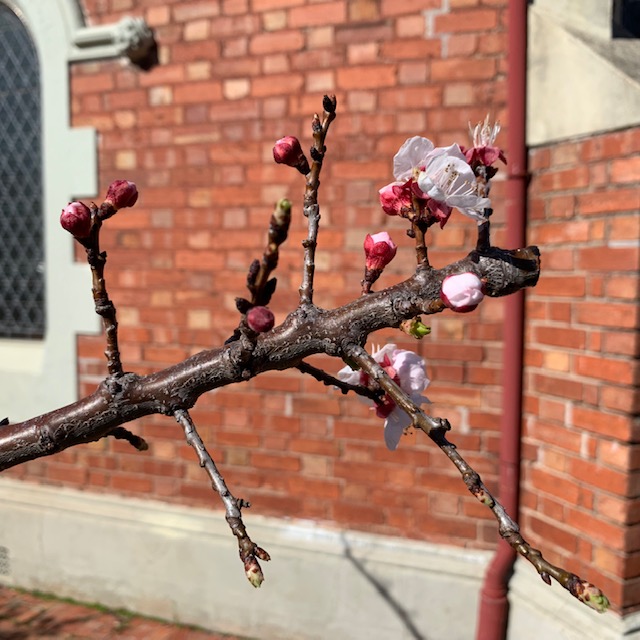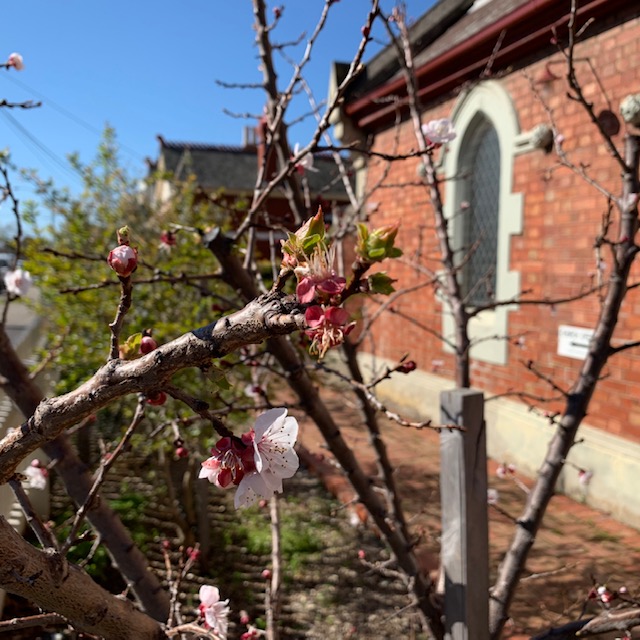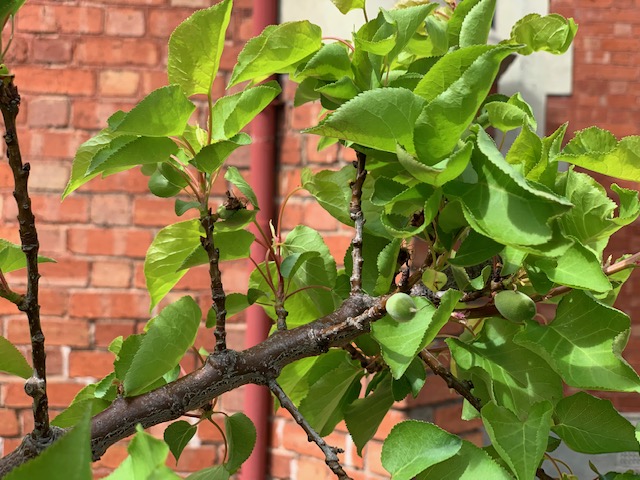Prunus armeniaca
The forbidden ‘fruit’ in the garden of Eden of which Adam and Eve were expressly told they must not eat was not an apple. No physical fruit is mentioned, but the characteristics of the ‘fruit’ are. Genesis 2:9 describes all trees as pleasing to the eye and good for food, but no mention of an apple or indeed any other edible part of a plant is mentioned.
However, two trees are named, one, the tree of life and the other, the tree of knowledge of good and evil, the one which they are expressly forbidden to eat, yet Eve ‘picked’ and ate, and gave to Adam. The text uses the fruit metaphor to convey the image of partaking in something just as a person would eat a ripe and irresistible piece of fruit.
A possible reason for assigning the apple as the forbidden fruit is the Latin for apple and evil is ‘malom’, and this might explain why the apple is used to symbolize the fall into sin or evil. The image was popularized through artistic license in the middle ages where painters portrayed Adam and Eve eating an apple no doubt a combination of common experience of a pleasing fruit, the apple, and their interpretation of the phrase, ‘golden apple’ as written in the book of Proverbs. The most likely candidate for the ‘Golden apple’ is the apricot, something that is pleasing to the eye, sweet and good to eat.
Another reason for discounting the place of apples as we know them in the narratives is the long history of the apricot in the more arid parts of the Mediterranean and the lack of any evidence of the common apple even in New Testament times. Crab apples yes, and quinces, another possible candidate, neither of which are edible raw and grow well only in wetter cooler climates.
See, Genesis 2:9; Song of Solomon 2:3; Proverbs 25:11
A word fitly spoken is like apples (Heb: tappuah) of gold in a setting of silver.
Proverbs 25:11
Reflection
Think about the fruits you most enjoy. What appeals to you? The colour; the texture; the taste; the sweetness; the season in which it is most plentiful and ripened in situ?
Which of your favourite fruits would you say is the most difficult to resist? Think up a fruit metaphor you would use to describe Adam and Eve’s choice of the fruit from the tree of the knowledge of Good and evil, or some other serious temptation that is more real to you. The struggle with sin is never easy alone, only in Christ and through the mystery of the cross can we know forgiveness of sin.

